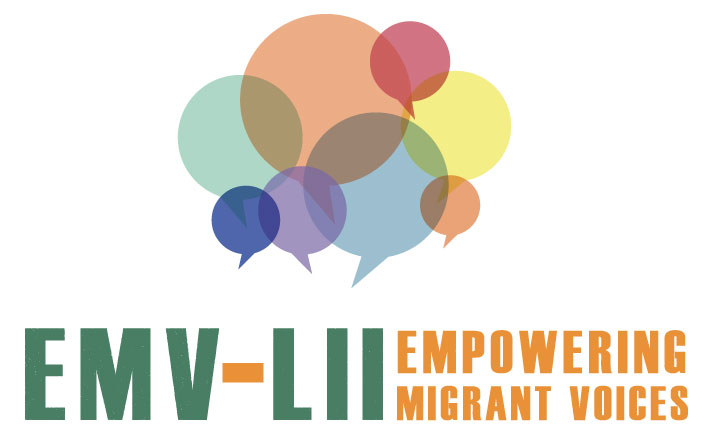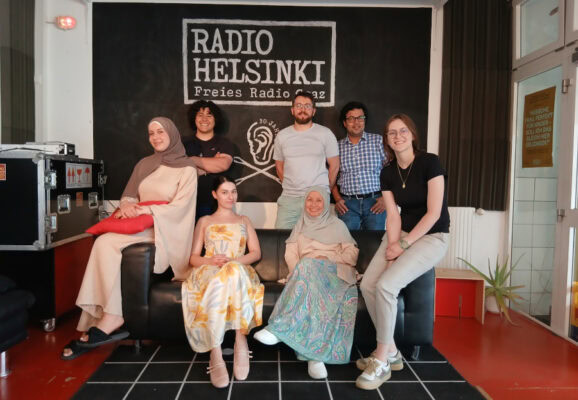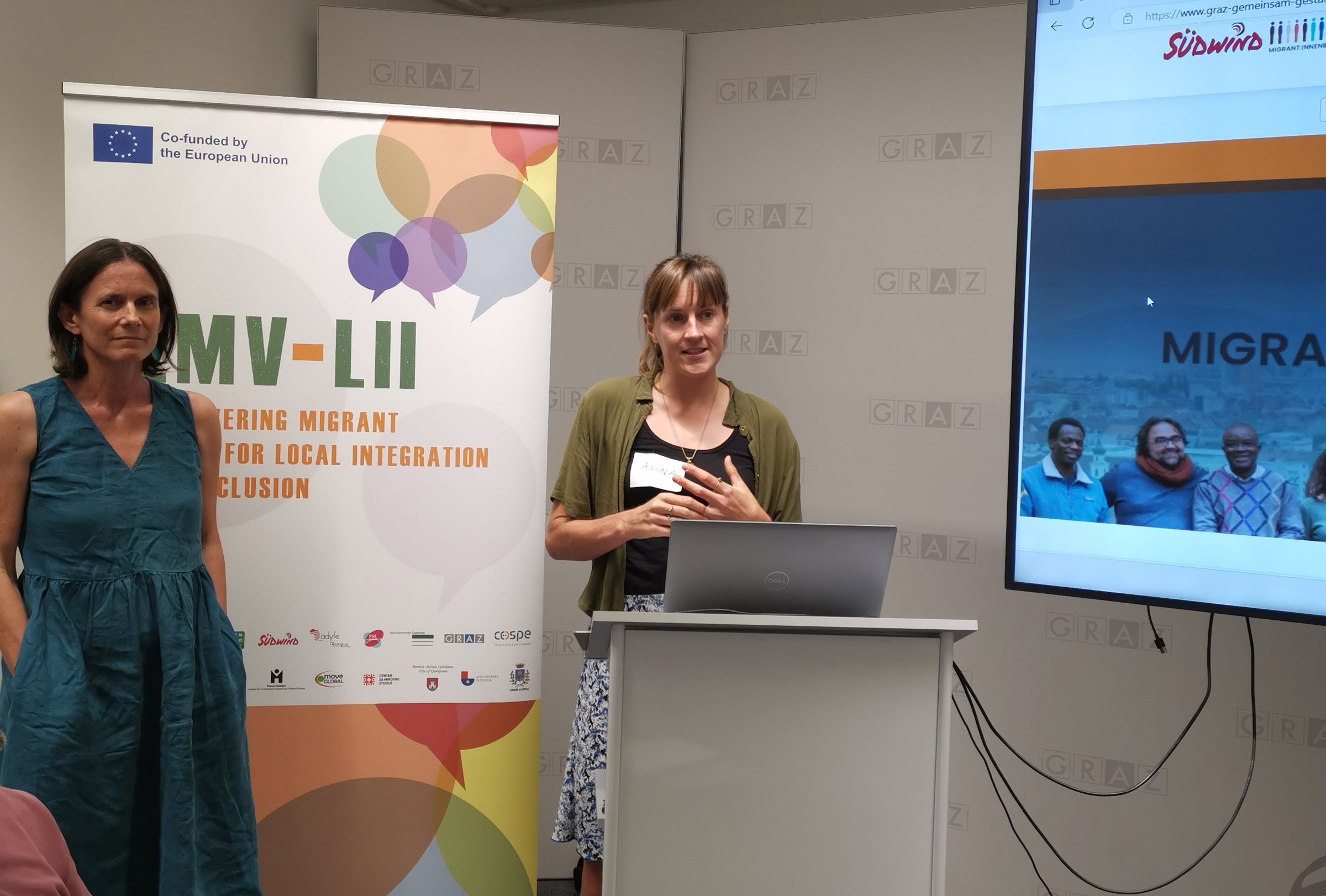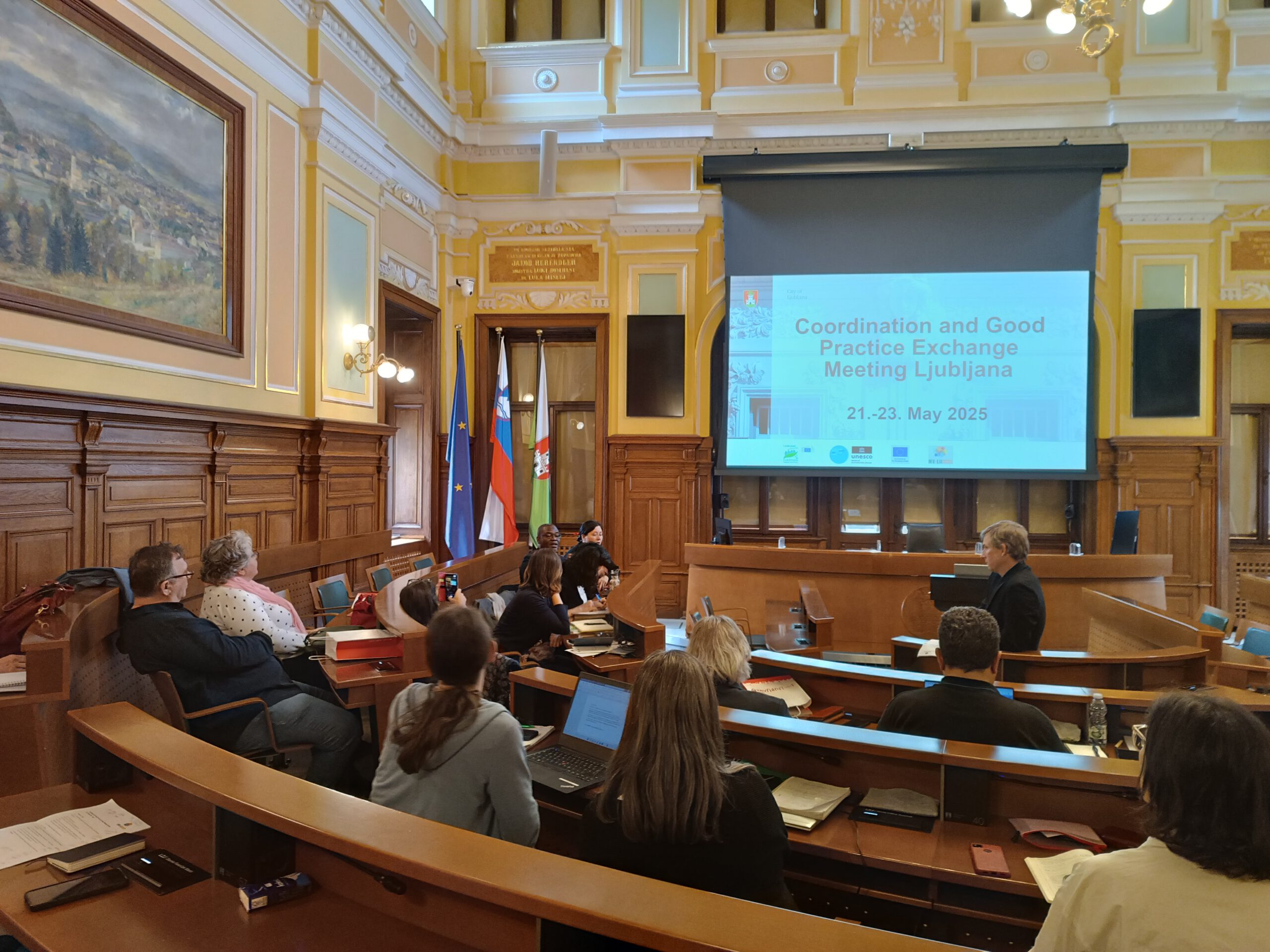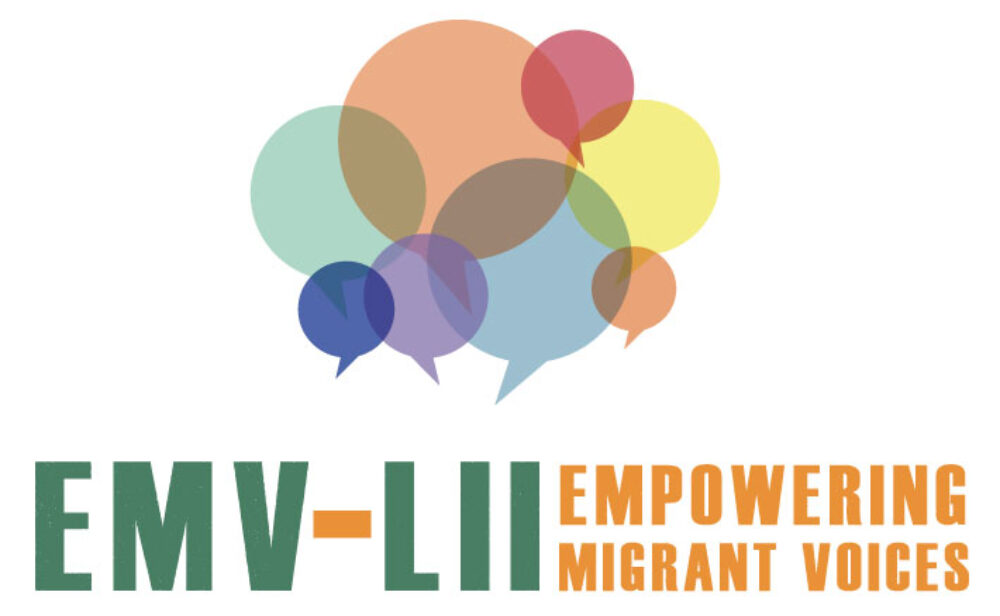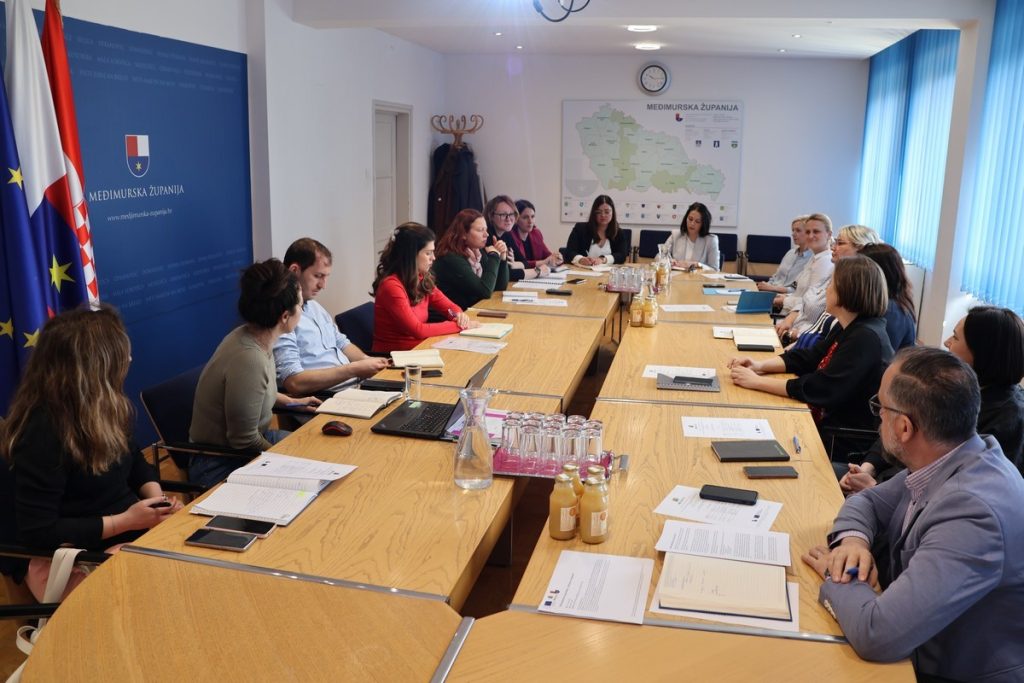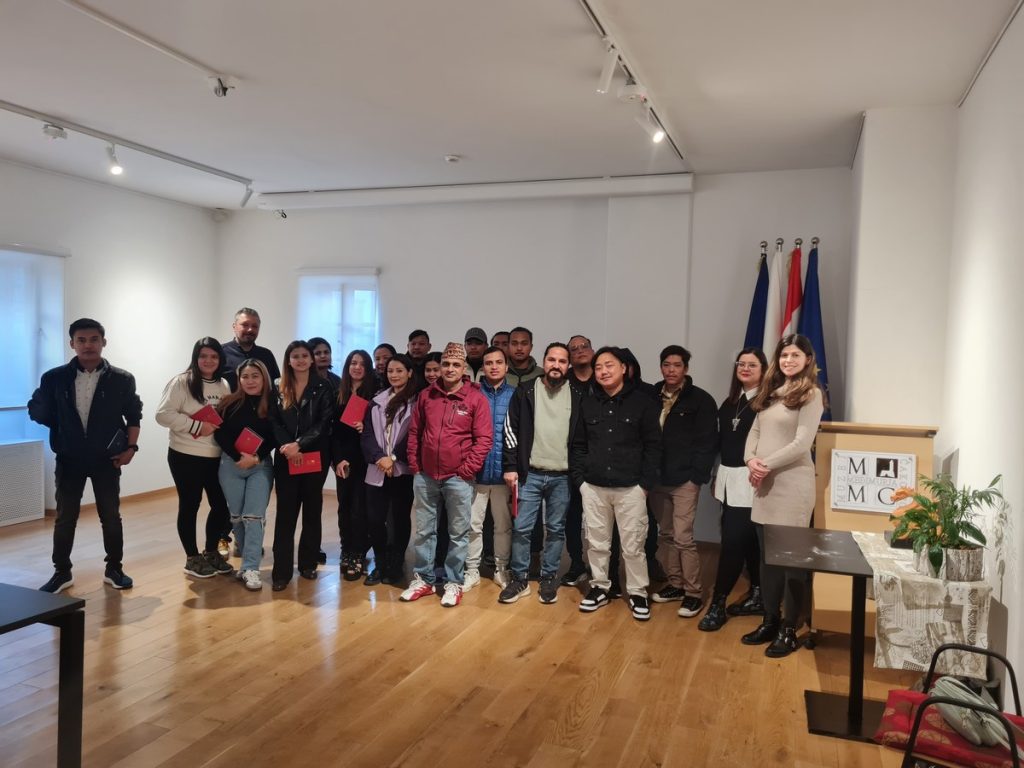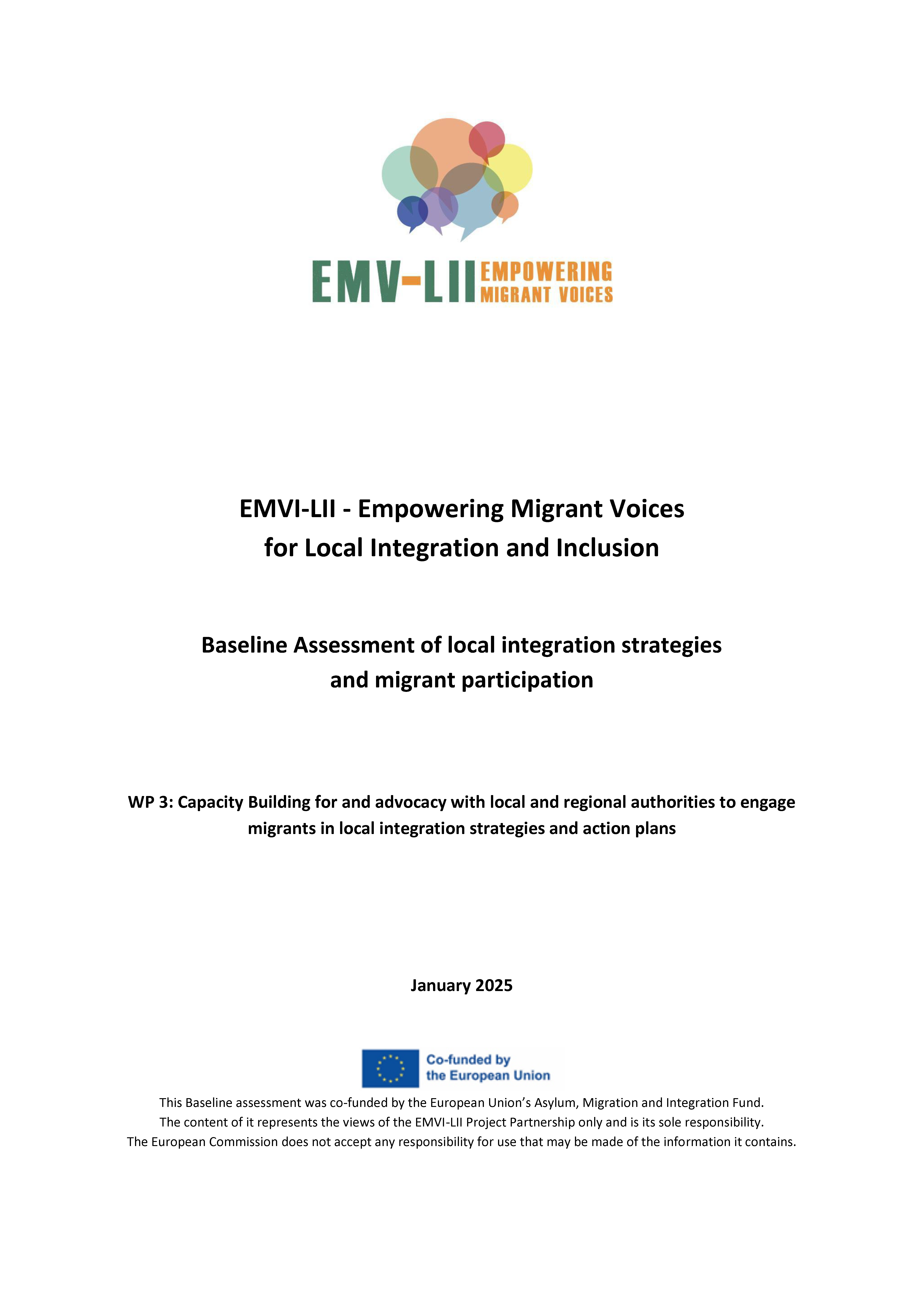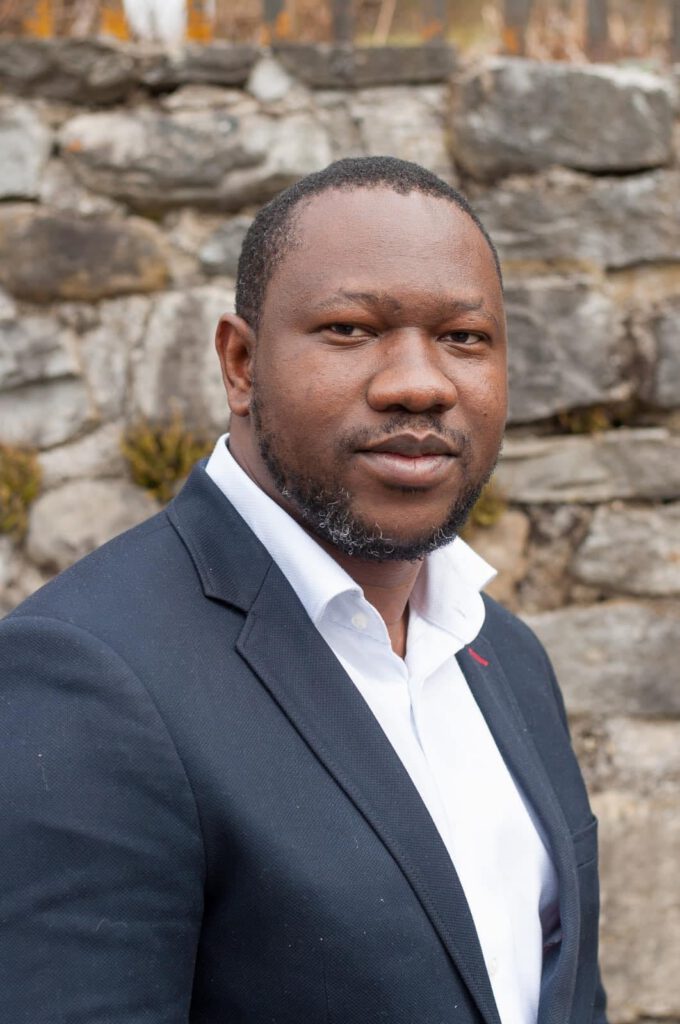
Greater inclusion of migrants also starts from the active work in the field of people who have lived the same experiences or faced the same difficulties. This is demonstrated by Youssouf Simbo Diakité who, upon arriving in Europe in 2008, decided to found the African Diaspora Forum in Europe (Adyfe), of which he is co-president, precisely to help changing the narrative on African students and to facilitate the level of integration into society.
When did you arrive in Europe and what was the biggest difficulty you found?
I arrived in October 2008. Language barriers and the availability of student jobs were the first problems I had to face, in addition to these there were difficulties in finding accommodation and friends in Austria.
How and when was the Diaspora experience born?
In 2010, after my German lessons, I noticed that many students from third countries faced similar challenges in Austria and Europe. The idea of creating an association to help changing the narrative on African students and strengthening the dialogue with the institutions were fundamental to facilitate our integration process in different levels of societies.
Why do you think Adyfe’s work is important?
It matters because we have seen the positive impacts of this work in Austria, across Europe and Africa, enabling immigrants, institutions, policymakers and governments to create spaces and capacities to foster collaborations, to create inclusive financing mechanisms and to strengthen policies and jointly design schemes for a better multicultural city and country.
What kind of problems do you have to face?
We deal with any problem faced by our members (around 10 thousand in Europe). The issues are related to health, study and university conditions, affordable and accessible housing, employment/entrepreneurial challenges, civic engagement, politics and advocacy, funding and the role of the diaspora in Europe and Africa.
What are the most important needs of the young people you meet?
Being involved at all levels, having space to be empowered, to participate and to be represented.
What do you think Europe should do for the integration of migrants and their quality of life?
The EU needs more diaspora-friendly structures to be able to work at local level, from municipal level to NGOs through government work and the private sector. We need more examples of collaboration like the EMVI project.
What plans do you have for the future of Adyfe?
“I would like to transform it into an institution where expertise on diaspora engagement can be shared and learned, in a more sustainable way. The goals I would like to achieve are: strengthening multi-stakeholder cooperation and partnership with diaspora networks in Europe, in order to harness and channel the collective power of the diaspora to drive the structural transformation of African economies, directly contributing to the achievement of the Sustainable Development Goals (SDGs). Promoting the development of supportive policies and innovative mechanisms aimed at creating the enabling environment and legal frameworks necessary to support private sector development and diaspora business creation in Africa and Europe. Mobilizing adequate funding for the implementation of an African diaspora operational plan/strategy and robust programs to promote employment and job creation through entrepreneurship and skills development, as well as know-how transfer/ knowledge and technologies. Establishing, maintaining and strengthening the implementation of innovative cooperation schemes and digital mechanisms/tools engaging the diaspora, in particular through the Africa Accelerated Conference, recognized as the global forum for diaspora entrepreneurship development in Europe.
